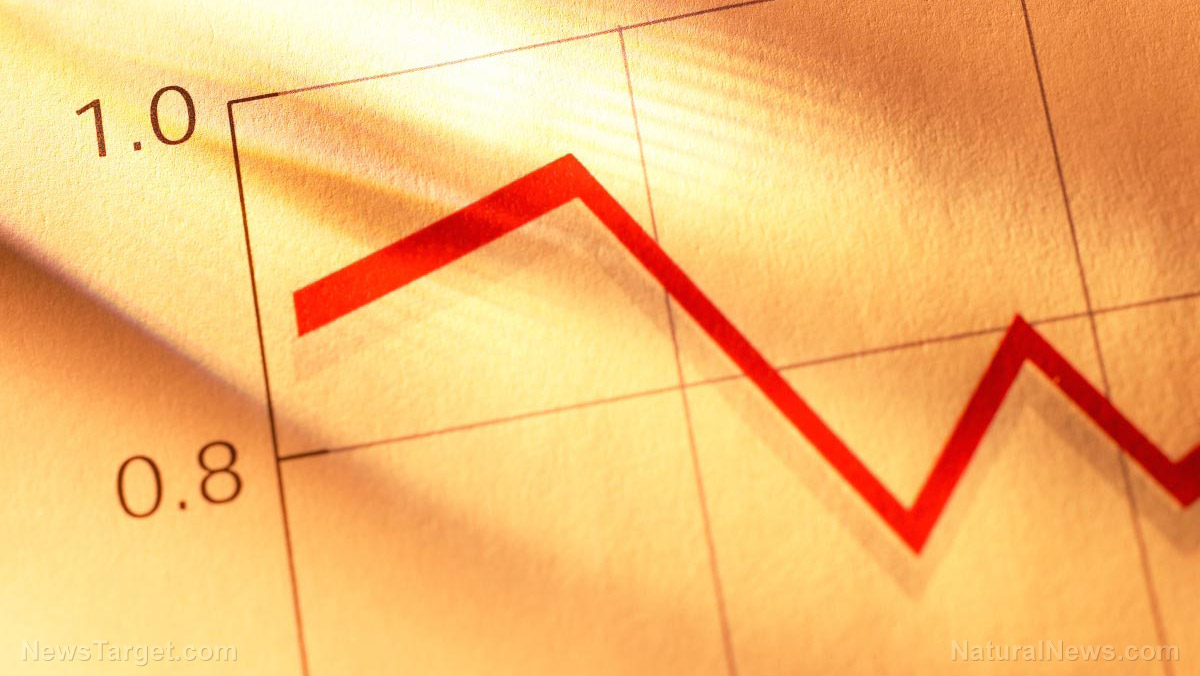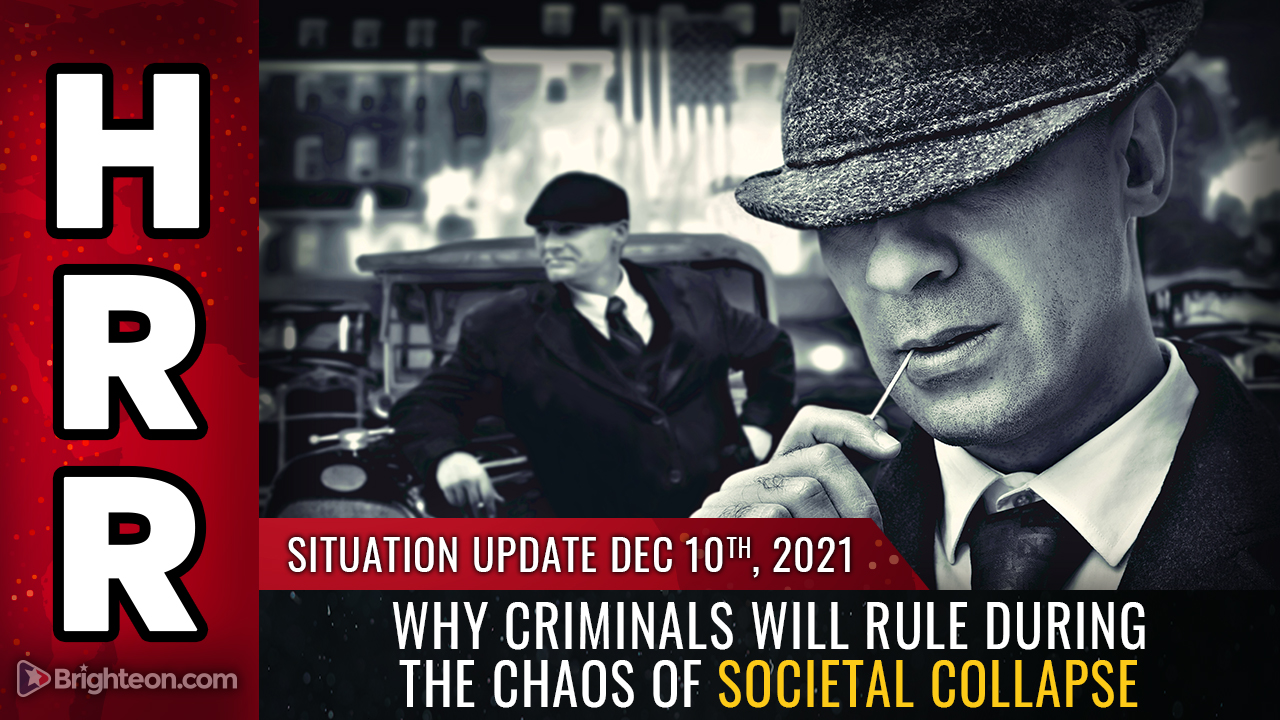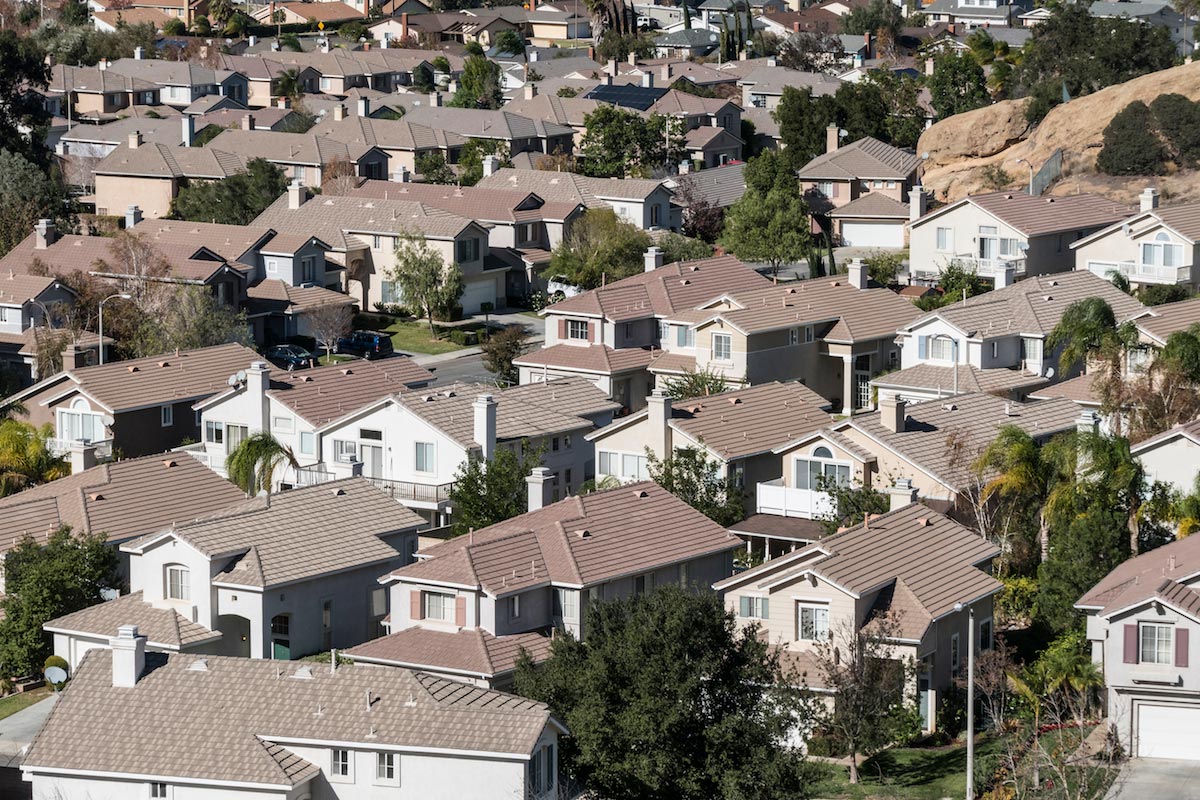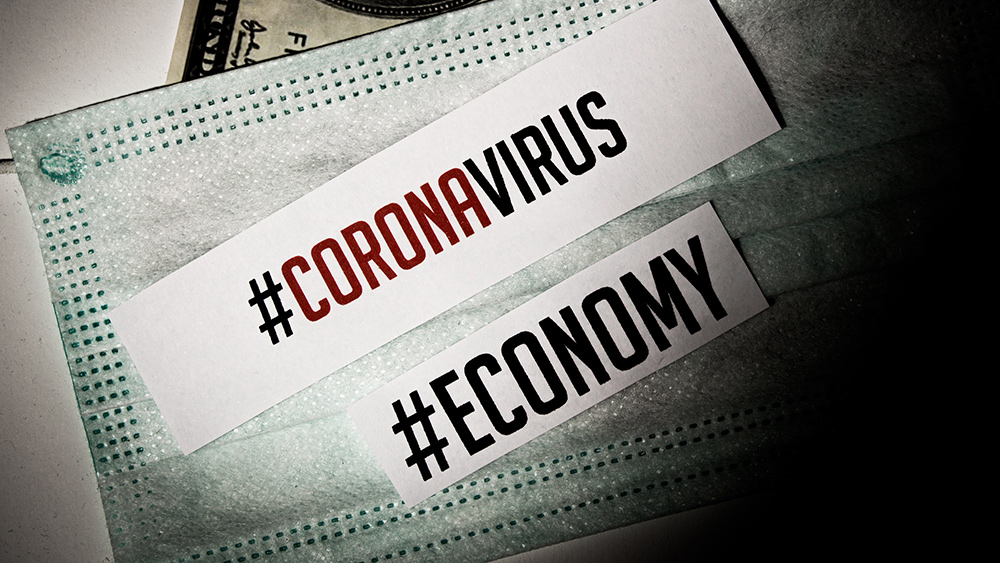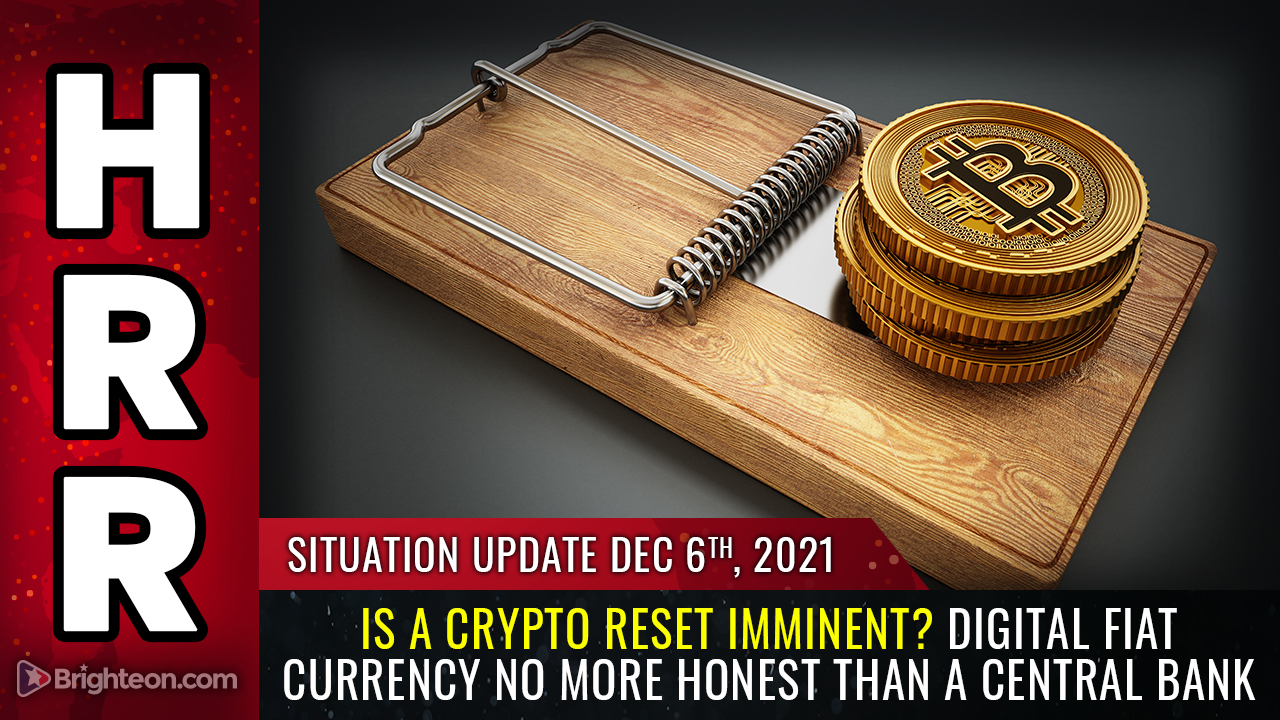Cargo ship backlogs in California hit record high as supply chain crisis worsens
10/22/2021 / By Mary Villareal

Cargo ship backlogs at the Ports of Los Angeles and Long Beach have hit record high as the supply chain crisis continues. On Monday, Oct. 18, the Marine Exchange of Southern California reported 100 vessels berthed at those ports, topping the previous record of 97 set last Sept. 19.
Both figures are a lot higher than the 17 ships normally anchored at the ports before the pandemic.
Holding areas that have not been used since 2004 are now open to accommodate the surge of container, bulk and cargo ships. Cargo carriers have to wait up to five weeks for their turn to unload goods. Once the containers reach land, it takes weeks more to queue and unload them. Of the 100 vessels at the harbor on Monday, 33 container ships were in holding areas.
The White House warns American shoppers that they may not be able to get key items such as popular kids’ toys for Christmas because of these supply chain backlogs. Stores across the country are also becoming increasingly barren due to the bottlenecks in the supply chain.
Many of these goods are made in China and are still stuck either in factories there or in containers onboard cargo ships off the coast of California, where they are waiting for their turn to dock.
“These issues go through the entire chain, from ship to shelf. That’s why we’re not just working with the ports. It’s the truckers, the rail companies, the operators and also those retail companies that are at the other end of those supply chains.” Transport Secretary Pete Buttigieg said.
The president reached a deal with unions and business leaders from large retailers such as Walmart, FedEx, UPS and others to help expand the operations at major ports in an attempt to ease supply chain bottlenecks. Companies such as Target, Home Depot and Samsung also pledged to increase output by more than 3,500 shipping containers per week. (Related: Walmart, UPS and FedEx commit to working more shifts to deal with global supply disruptions… but will it matter?)
Under this agreement, the ports of Los Angeles and Long Beach will be working around the clock to alleviate some of the supply chain bottlenecks that are affecting consumers ahead of the holiday season. Together, the ports are projecting a 40 percent increase in shipping containers entering the country.
Long Beach expanded its nighttime operations the previous month, and Los Angeles port officials and union leaders are agreeing to add off-peak nighttime and weekend hours to drive consumer prices down.
Goods at the Port of Los Angeles are now moving 25 percent faster at night than during the day. The White House argues that expanding overnight operations could help lighten the load on other links in the chain by easing traffic congestion in the day time.
Global supply chain crisis driven by pandemic
The supply chain crisis is a global problem driven by the Wuhan coronavirus (COVID-19) pandemic. As the economy started to recover, consumer sales climbed amid worker shortages and a slowdown of major transportation hubs. The surge in demand led to shortages of goods and containers and increased the costs for consumers.
In June, the Port of Los Angeles became the first in the western hemisphere to process 10 million container units in 12 months. The Port of Long Beach will likely process over 9 million container units this year as well, exceeding last year’s record of 8.1 million units – the most in the port’s 110-year history.
Together, the ports move around 40 percent of container imports in the U.S. and 30 percent of exports. However, the severe backlog has far-reaching effects in California and across the country, including environmental impacts of the backlogs as the diesel-fueled engines of the ships release more pollutants as they anchor outside the ports.
“The communities nearest the port and along the truck routes that serve the port are mostly low-income communities of color. They are taking the brunt of the pollution burden while all of us are benefiting from cheap flat-screen TVs from China or Korea or whatever is in those containers,” says David Pettit, senior attorney at Natural Resources Defense Council.
Get more news and updates about the ongoing supply chain crisis at Bubble.news.
Sources include:
Tagged Under: big government, Bubble, Collapse, covid-19, freight company, inflation, national security, pandemic, products, shipping bottlenecks, shipping costs, supply chain, supply chain crisis, supply disruptions, US economy, White House
RECENT NEWS & ARTICLES
COPYRIGHT © 2018 PANIC.NEWS
All content posted on this site is protected under Free Speech. Panic.news is not responsible for content written by contributing authors. The information on this site is provided for educational and entertainment purposes only. It is not intended as a substitute for professional advice of any kind. Panic.news assumes no responsibility for the use or misuse of this material. All trademarks, registered trademarks and service marks mentioned on this site are the property of their respective owners.







